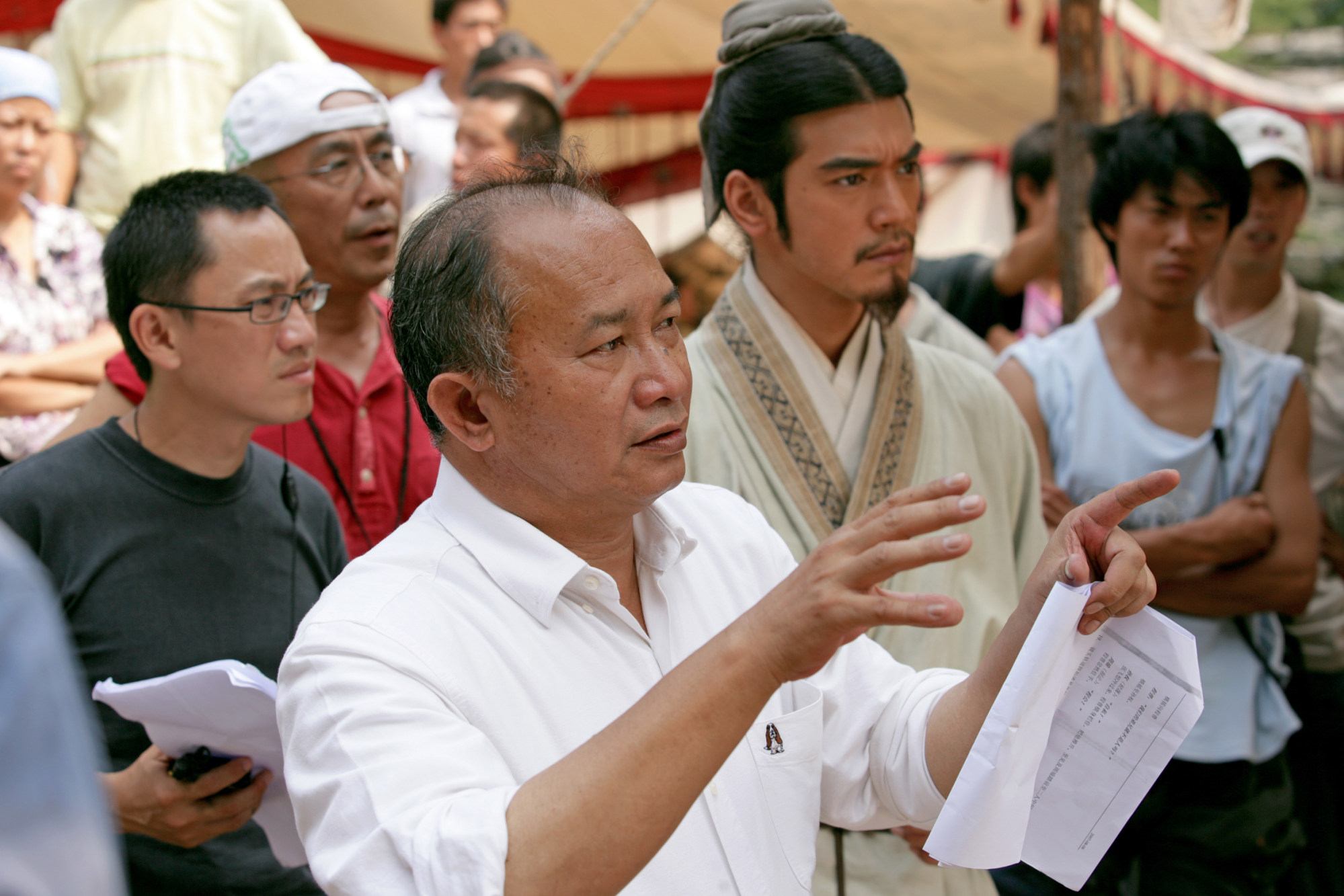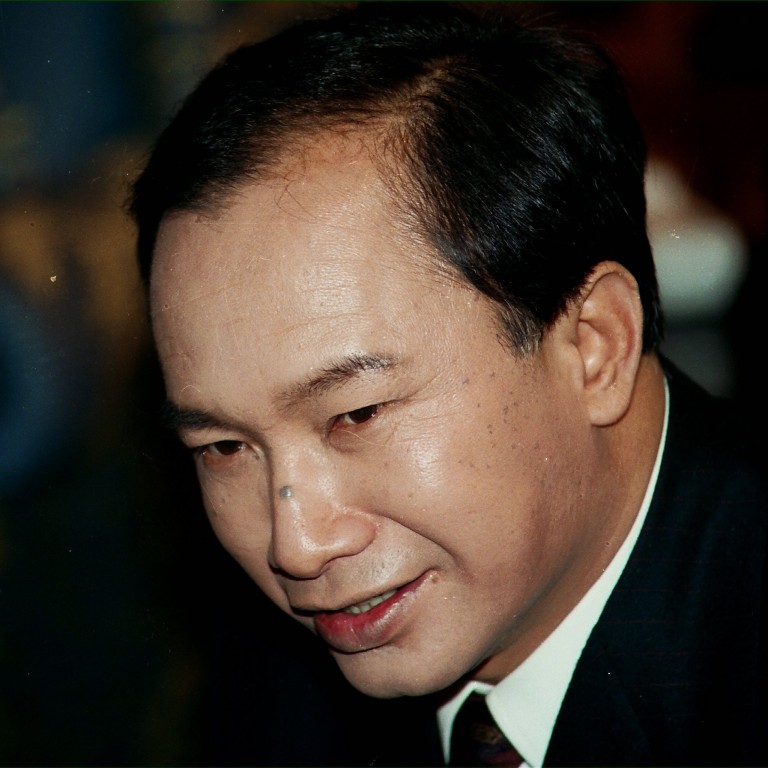
Classic Hong Kong cinema: John Woo on action, violence, influences, growing up in poverty and working in Hollywood in 1997 interview
- John Woo impressed Hollywood with his action films and relocated there, making three US films before returning to Hong Kong
- In this interview from 1997, Woo describes his upbringing, how he likes to direct his films and the difficulties of working in Hollywood
In this new regular feature series on the best of Hong Kong cinema, we examine the legacy of classic films, re-evaluate the careers of its greatest stars, and revisit some of the lesser-known aspects of the beloved industry. We begin this week with a wide-ranging interview with John Woo during the peak of his Hollywood career.
The legendary John Woo Yu-sum was the first Hong Kong director to be hired by a Hollywood studio. US studios were impressed with the action choreography of classic local films like The Killer, and Woo relocated to Los Angeles and debuted there with Hard Target in 1992.
Woo’s relationship with Hollywood was difficult as the studios imposed too many limitations on his work process, and he felt that he could not make his films the way he wanted to.
The director gave this writer the following interview in Hong Kong in 1997, while he was readying himself for the release of his third US film, Face/Off.
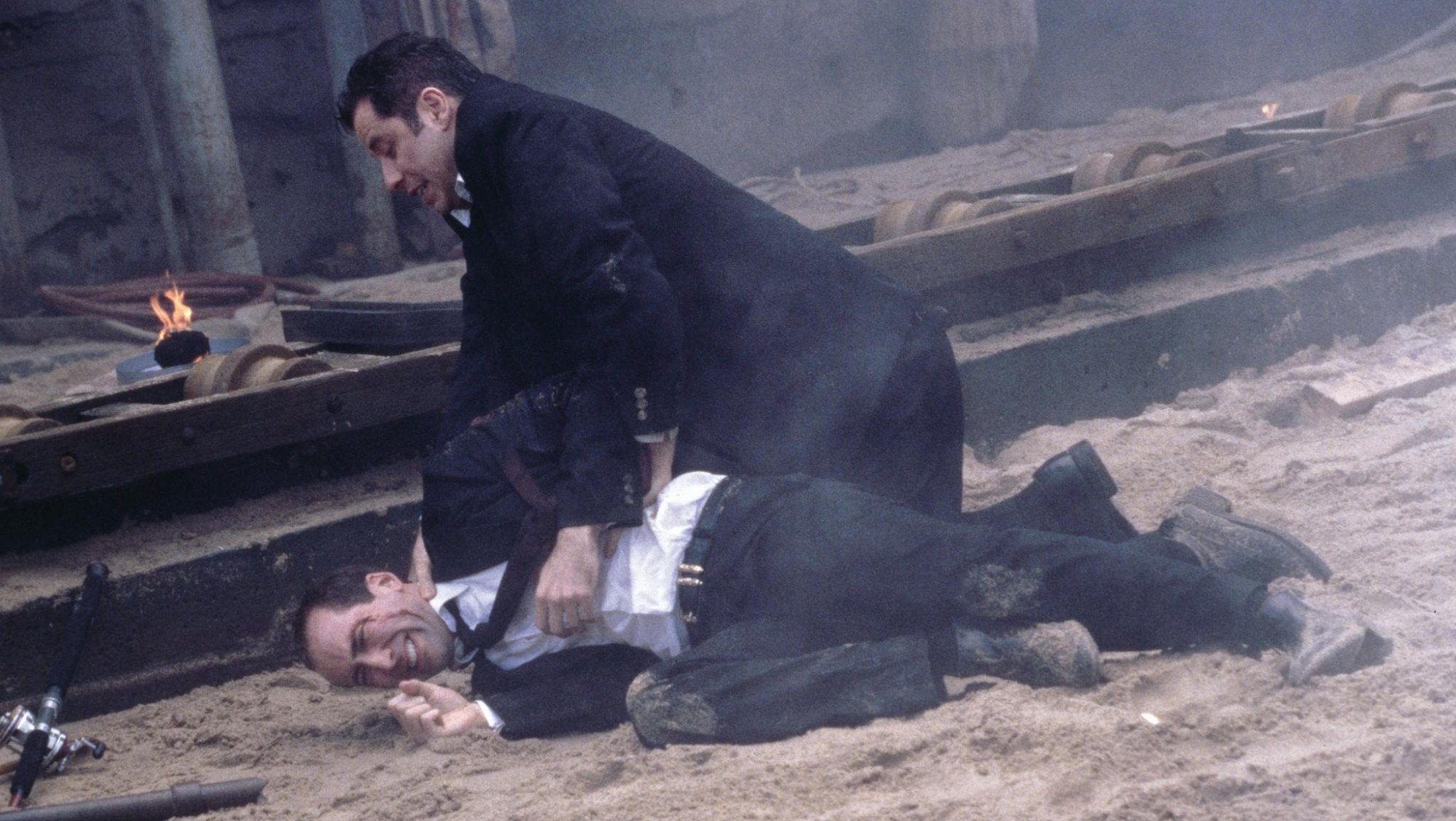
How do you plan an action scene?
I never use a storyboard. I keep it all in my head, all in my mind. I actually create a lot of the action sequences when I am on the set. To get the ideas for them, I usually base them on what is happening in the story, and the locations. I’m very sensitive to any kind of movement that’s happening on location. If I see anything that I can incorporate into the action, I generally use it.
I heard that you like to listen to music while you’re choreographing a scene.
I tend to feel my way through an action sequence, so music can be important. In the cafe scene in Hard Target, for instance, Jean-Claude [Van Damme] is fighting with four guys outside the cafe in slow motion. The idea came from listening to jazz music. I wanted to get that moody jazz feeling in that scene.
Happy Together at 25: Wong Kar-wai on his classic 1997 gay movie
Do you vary the music you play on your Walkman while you’re working?
Yes, it’s all down to instinct. I put rock’n’roll on for heavy action scenes, and for the lighter scenes, I like to play jazz. If I am doing a really big action scene, I like to listen to classical music, like Wagner.
I heard you also referenced fight scenes in comic books.
I was crazy about comic books when I was young. And American Westerns, too – films by John Ford, John Wayne, Howard Hawks, I saw them all. I was also influenced by American musicals. I love Gene Kelly, Fred Astaire, Singing in the Rain, An American in Paris, and West Side Story.
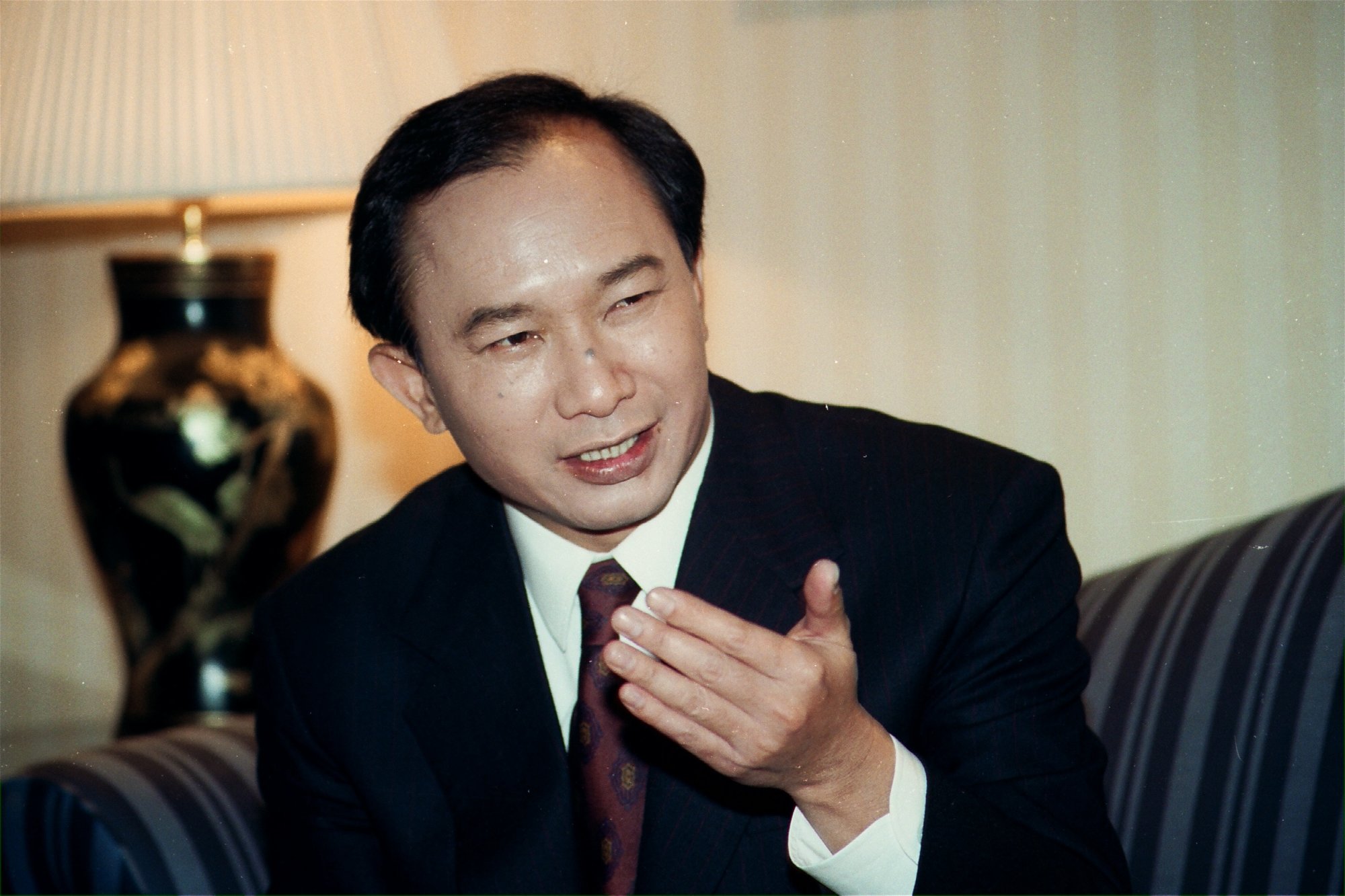
I think of musicals when I’m shooting my action scenes, I tend to shoot them like I’m shooting a dance scene. When you have hundreds of people fighting in front of the cameras, it’s like a lot of people dancing on a stage. It really does feel like I’m choreographing a kind of ballet.
How much of the fight choreography is done in the editing room – do you shoot a lot of footage?
Yes, I do shoot a lot of footage. I edit my movies myself, so I am always thinking about how I am going to edit them when I’m setting up the shot. I always shoot with several cameras, I usually shoot with three or four cameras, and for a big action scene, it’s six or seven cameras.
Did you have to change your process when you started working in Hollywood?
Yes, I had to storyboard for Universal for Hard Target, and I don’t usually do that. I had to submit my designs so they could work out the budget.
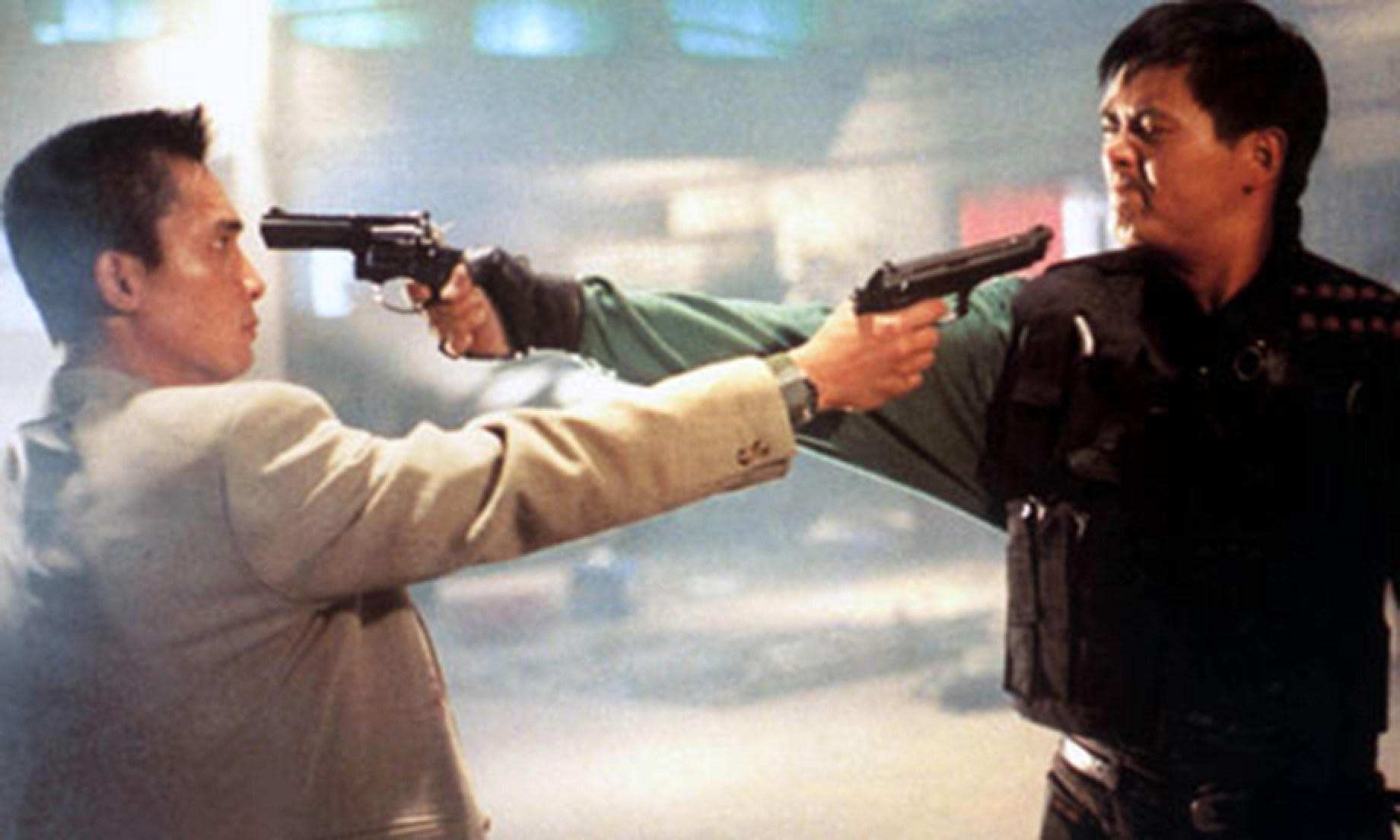
What is it that appeals to you about depicting violence? Were you influenced by American directors like Sam Peckinpah, who directed the violent Western The Wild Bunch, in this regard?
When I was young, I watched a lot of Westerns and gangster films, especially from the 1960s. I watched European films by Jean-Pierre Melville [Le Samourai is an oft-mentioned influence on Woo’s work], along with American directors like Sam Peckinpah.
I was especially impressed by Peckinpah’s use of slow motion, and his emphasis on romanticism. He manages to evoke such a beautiful feeling. That’s why I love his films.
I have never fired a real gun in my life! I am not a violent man
Did you encounter much violence during your childhood – I know you are from a poor family and grew up in a rough neighbourhood.
Yes, when I was a kid in the 1950s and ’60s, my family was very poor. We were homeless for seven years, in a bad neighbourhood, living among gangsters, security guards and gamblers. I was in gang fights and sometimes I got beaten up.
I have to say, I lived a violent life. In the 1960s there was a lot of violence in Hong Kong. But I have to say, I had good parents, and they taught me to live with dignity, and follow the rules of the church. I’m a Lutheran, and the church taught me to live in a decent way.
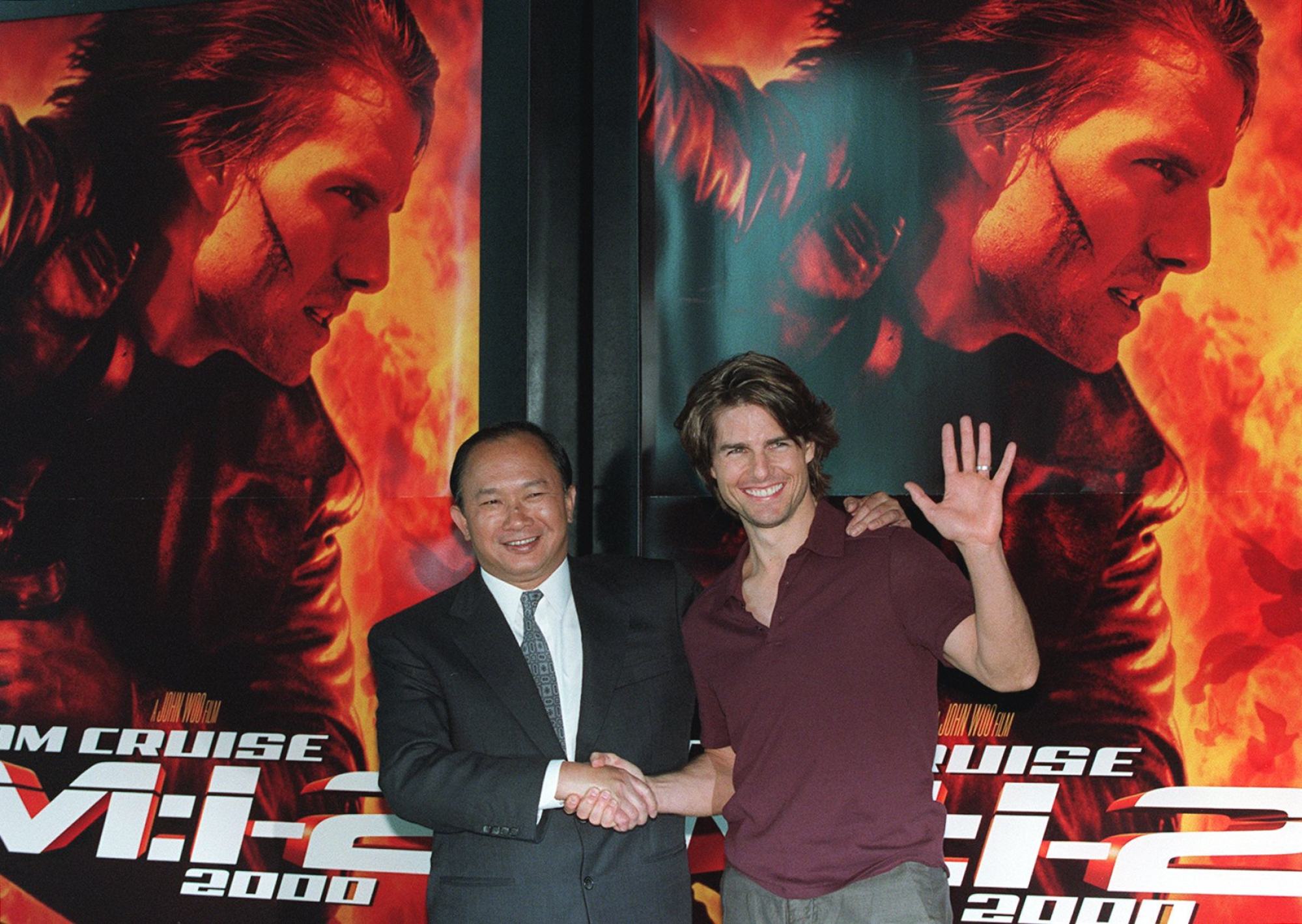
Did you have a strong relationship with the church?
Yes, when I was young, I wanted to be a minister, I wanted to help people like they helped me. I think I bring some of this into my work, as the emotions I express are based on my real-life experiences.
Do you think violence in films can have a negative effect on society?
Well, I hate to see violence in real life, I hate to see people getting killed, and I hate violence in the real world. When I watch the news and see people getting killed, see people getting blown up, I just cry. I hate that, it’s evil. The behaviour of my heroes is different – they use strong force to beat down evil. That’s really why I like to make action films.
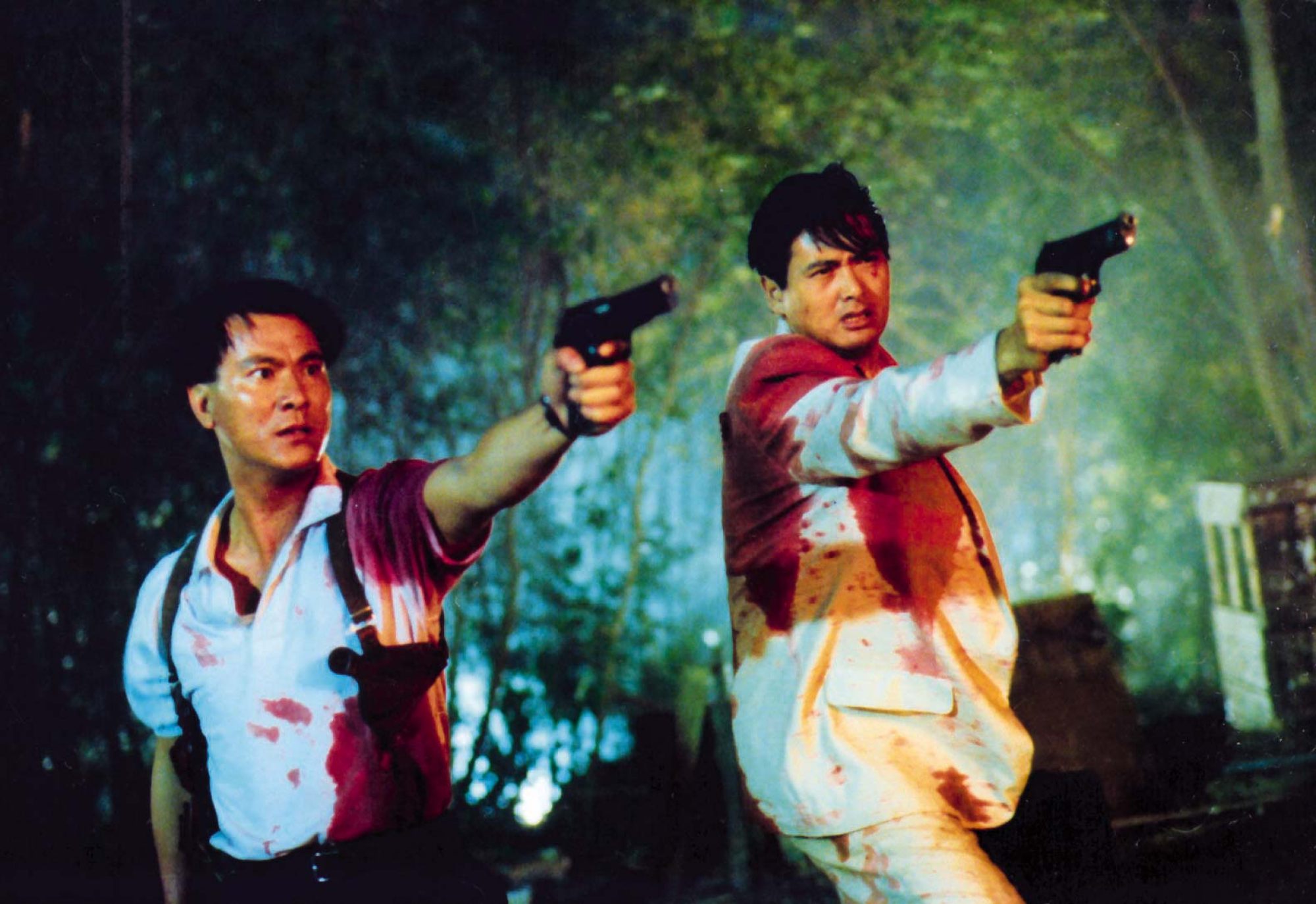
Yes, my heroes are fighting for justice, like ancient Chinese knights. They sometimes need to sacrifice themselves in their fight against evil. But it’s not good to use violence against violence in real life.
Chang Cheh, of course, emphasised male bonding, or the idea of ‘brotherhood’, as it was called back then.
Yes, and action and violence is not the only thing in my movies, either. I like to show something that is good about human nature, something that is good about the human spirit – I depict loyalty, honour, dignity, and the spirit of chivalry. Some of that has been lost nowadays, which is why I like to talk about it, to try and bring it back.
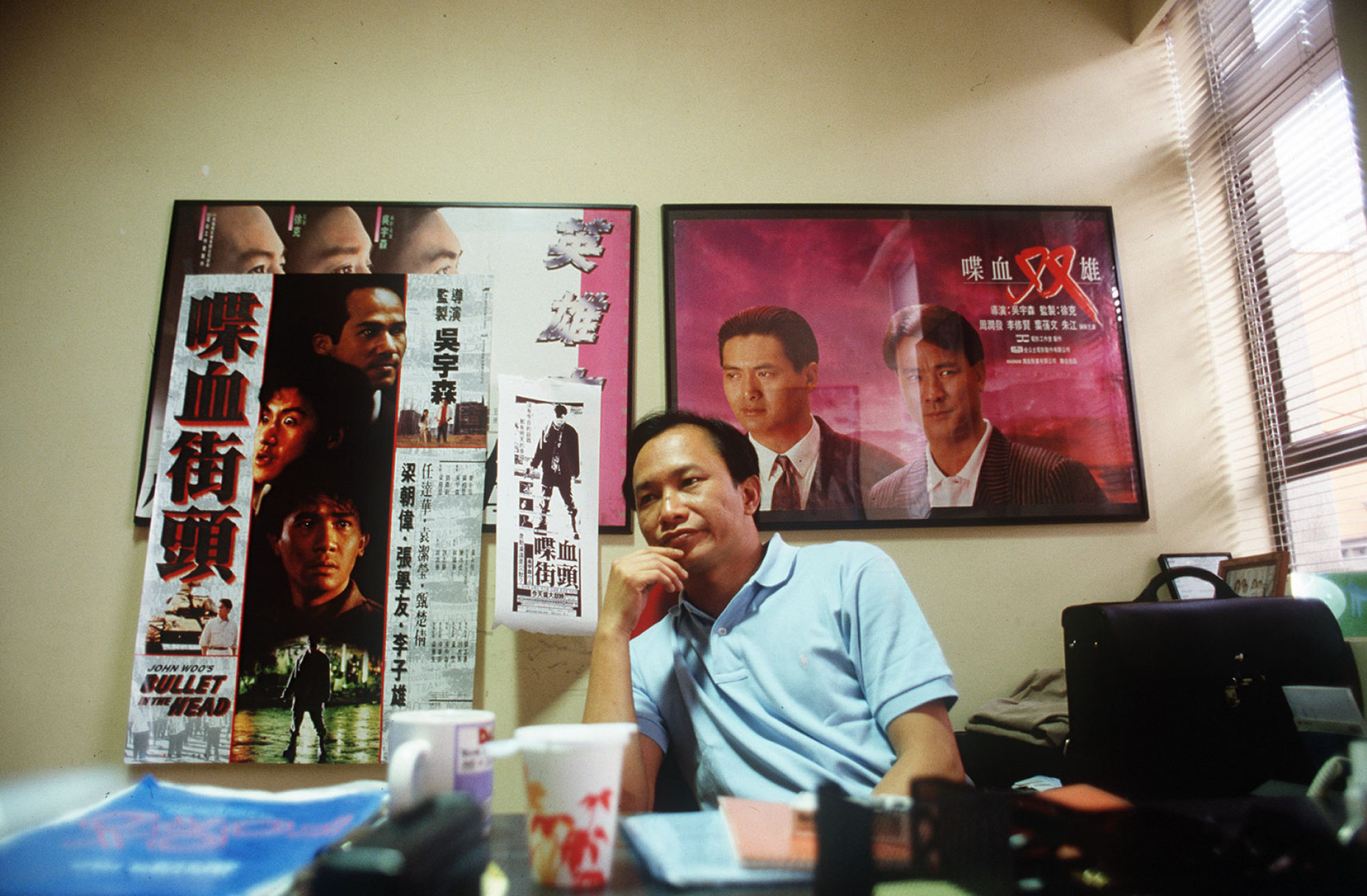
You live in Los Angeles now – do you own a gun?
I have never fired a real gun in my life! I am not a violent man.
Will you continue to make more films in America?
Actually, after I have got more experience in America, I plan to return to Hong Kong. Hong Kong is my home and I miss the talent there, and the crew.
